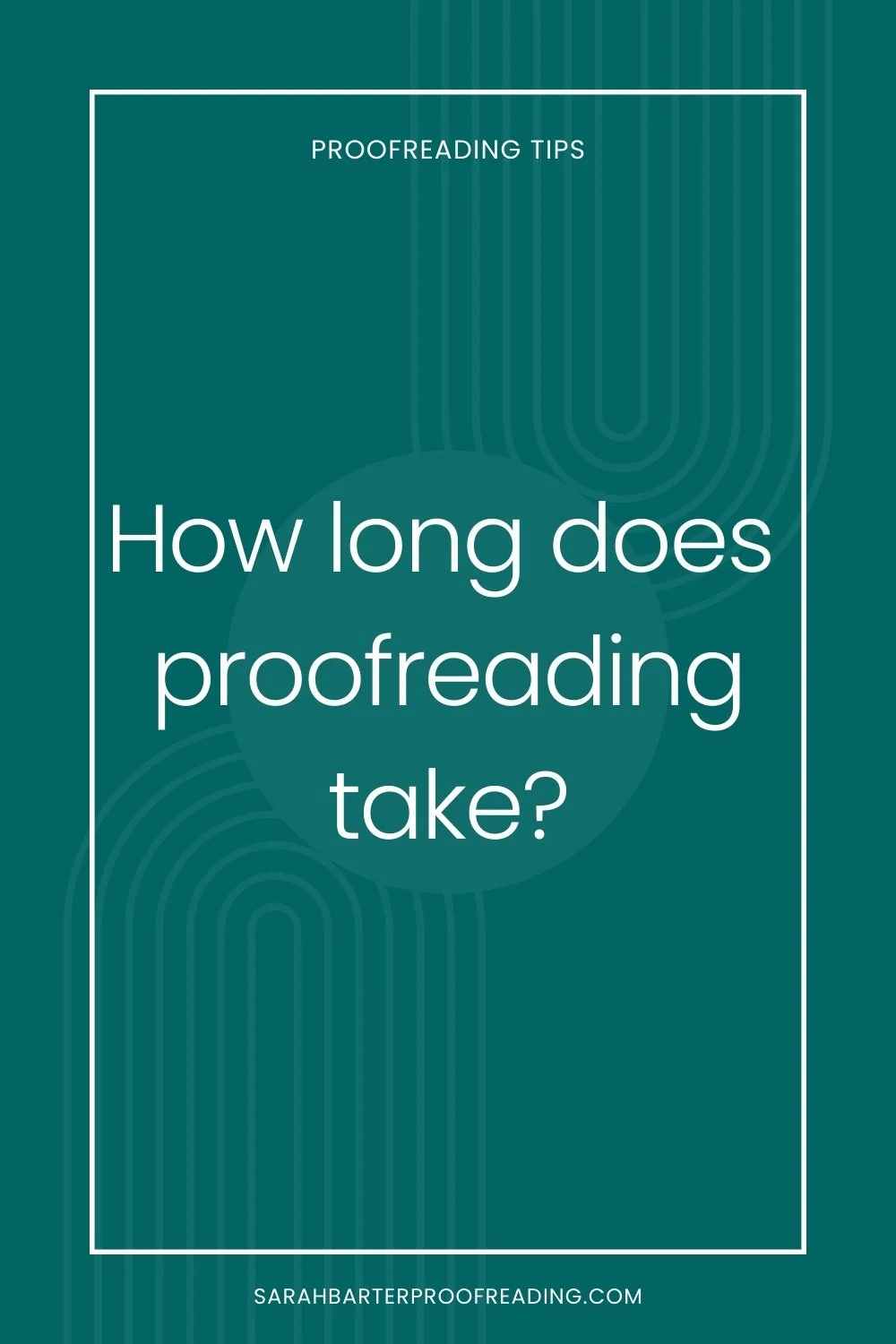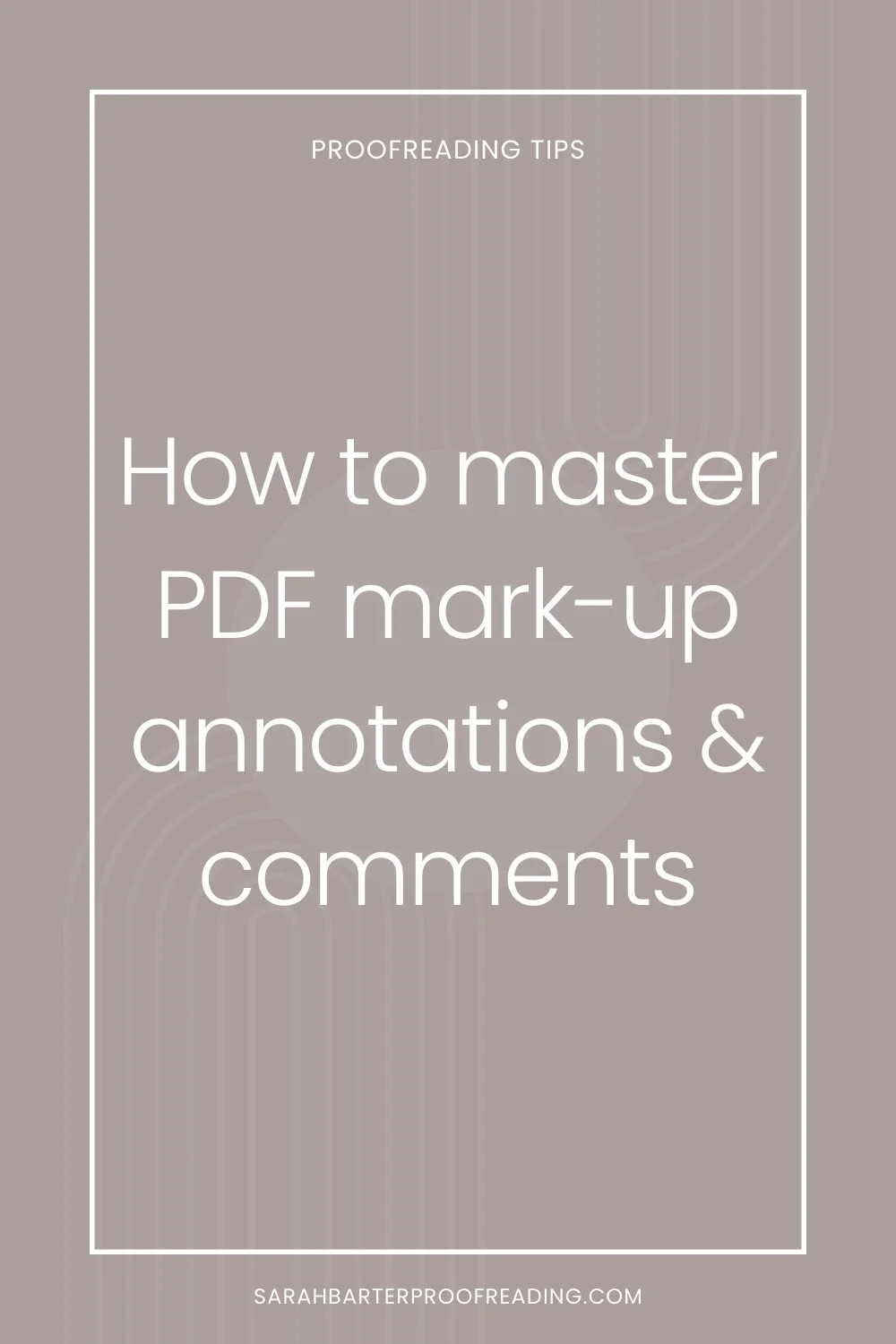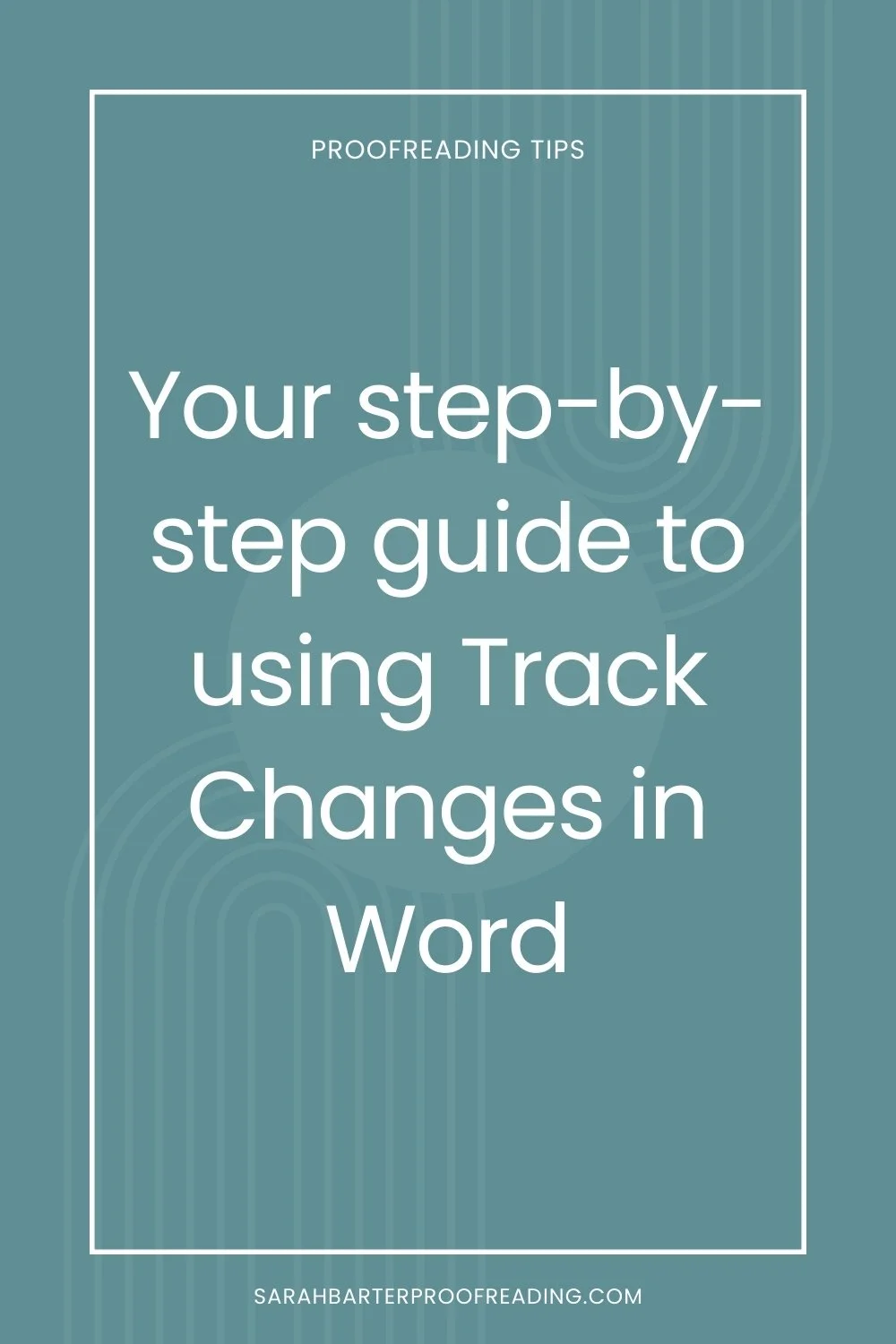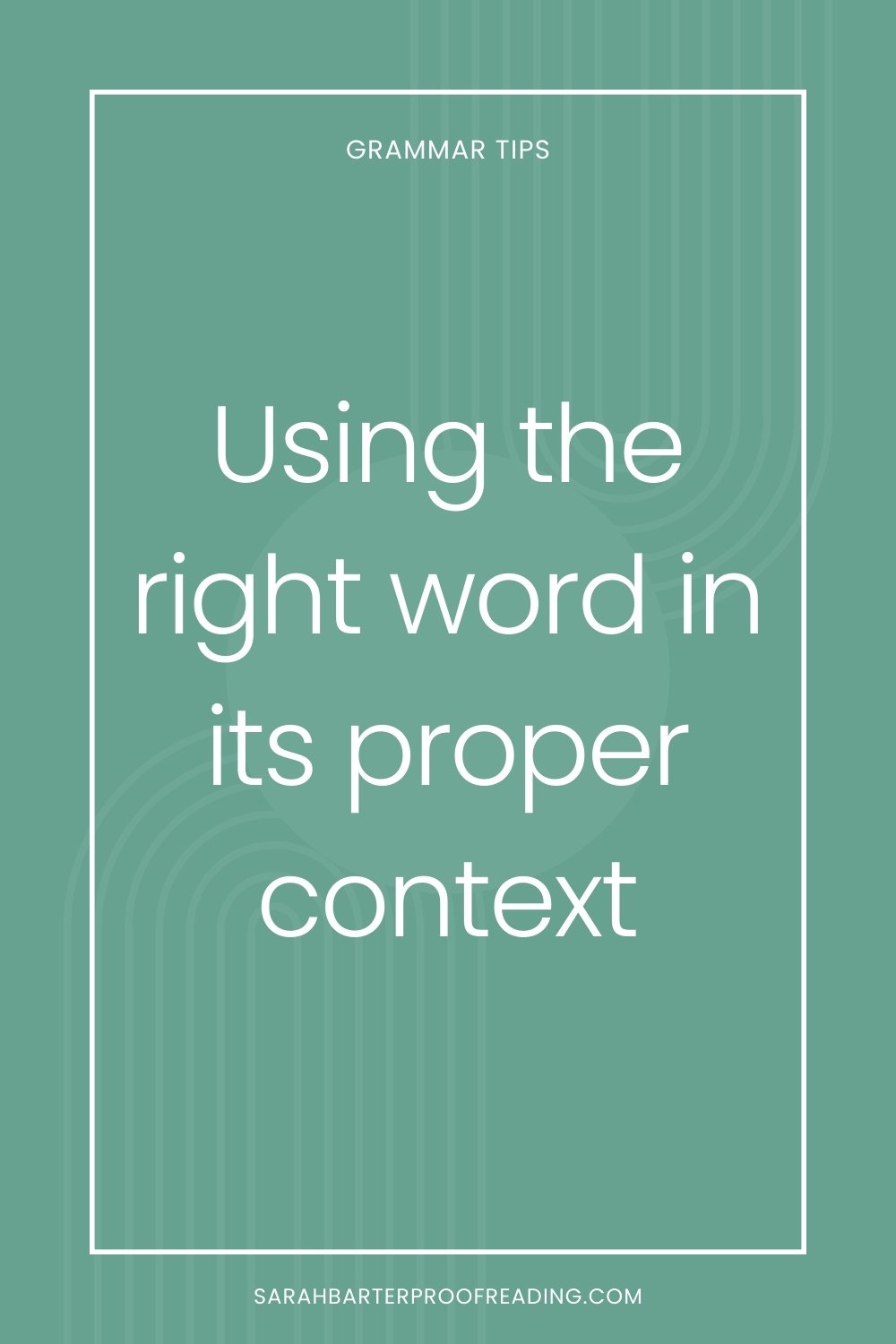Academic writing: 7 top tips for students
Your essay, dissertation or thesis is the culmination of months, or even years, of your hard work and research. To be taken seriously and to help you gain good marks, your work will benefit from being written in an academic style. Using an academic writing style allows you to show that you have a clear understanding of your subject and can present your research, evaluation and arguments in an informed and concise way.
Key takeaways
Start writing early, set regular short writing sessions, and focus on getting words down before editing or formatting.
Use a clear structure with an introduction, body, and conclusion, and keep your objectives visible so every section supports your main argument.
Rely on credible, relevant, and up-to-date sources, and write in a formal but readable tone that suits an academic audience.
Use reference management software (such as Mendeley, Zotero, EndNote, or RefWorks) to store sources and format citations correctly in your chosen style.
Leave at least one to two weeks before your deadline to edit and proofread, check references, and review structure and formatting so your work meets academic standards.
1/ Stop procrastinating and start writing!
I know from painful experience that just starting to write up your research can be extremely difficult! Many people (not just students!) are experts in the art of procrastination – and there are many, many tips online to help you with this. You could procrastinate all day searching for them…
So my first tip is simply to start writing as soon as possible. You may not feel in the slightest bit ready, have no fully formed ideas, and are positive you haven’t done enough research – but believe me when I say this is true for every writer. You will never feel totally ready, so just get on with it!
Make sure you spend a set amount of time each day writing something. It doesn’t have to be large chunks of time every day – in fact, just a couple of hours on a regular basis works really well. As long as you spend this time actually writing. Not editing. Not adding your citations. Not formatting your paper. That all comes much later.
As you write, you will find that your ideas also direct your research, so don’t waste your time reading everything around your subject before putting pen to paper (or finger to keyboard).
2/ Outline your paper
Most subjects have a standard required layout. The absolute basic layout should include:
The introduction – this section should describe your subject area, objectives and hypotheses
The body – this section is for analysing your evidence and evaluating your results
The conclusion – use this section to bring everything together and summarise your findings.
You should already have your title and objectives, so once you have your basic outline (as recommended by your university, subject or academic style), you can add chapters to the body of your paper as your ideas become more rounded.
A good outline will help you organise your thoughts and ideas into a coherent, evaluative piece of work. And, you don’t have to write it in order. In fact, it’s better to get the body and conclusions written up before tackling the introduction – it’s only then that you have a clear idea as to what you’re introducing.
3/ Always keep your objectives in mind
To avoid going off on a tangent, either with your research or your writing, make sure you keep your main argument at the front of your mind at all times. To maintain clarity and conciseness, every word of your paper should be relevant to your title and objectives.
When writing both my bachelor’s dissertation and my master’s thesis, I kept a printout of my title and objectives on the wall next to my desk throughout the entire process! It might sound a bit over the top, but it helped to keep me on track.
4/ Use reliable sources of information
The credibility of your sources is one of the most important considerations in academic writing. If your sources are not credible, then your finished paper won’t be either.
Here are a few pointers to help you evaluate your sources:
Has the information come from a reputable organisation? Was the paper written by a prominent researcher/credible authority in their field? Are there references or citations that lead you to further reading?
Is the information relevant to your subject and objectives?
Does the author seem to be biased or motivated by an agenda? Are there hidden interests?
Is the methodology clear? Does it lead to sound conclusions?
Is the information clearly presented?
Is the material up to date? If not, does the age of the material matter for your purposes?
5/ Know who you’re writing for
Most academic writing is aimed at readers with knowledge of your subject. Your knowledge of grammar and punctuation, and your use of language is important in academic writing.
Your aim is to persuade your reader that you are knowledgeable about your subject and can evaluate the research clearly and concisely. If you make basic errors with your grammar and punctuation, you risk your paper being misunderstood and not taken seriously.
Your ‘tone of voice’ is also an important consideration. Academic writing is very different to writing a message to a friend or posting on social media. Your language should be formal but not stuffy and over-complicated – be careful not to use big words for the sake of it. If you sound like you’ve swallowed a thesaurus, it can seem as though you’re trying too hard to sound clever. This is very off-putting to the reader and can detract from your argument.
6/ Use reference management software
Reference management software is an absolute godsend! I only have experience with Mendeley, but other options include Zotero, EndNote, and RefWorks. A reference manager enables users to save time and store citations in the correct format for their academic style (Harvard, Vancouver, APA, etc.). This allows you to easily insert citations in your document and spend less time formatting pages of references at the end of your research.
I would urge any researcher, whatever their subject, to use a reference manager.
7/ Check your work
You’ve done it! Your paper is finally finished! However, I have one final tip before you submit your magnum opus: make sure you’ve allowed at least a week or two between completing your writing and your deadline. This will give you time to put your paper down for a day or two and come back to it relatively fresh for editing and proofreading.
Don’t underestimate the importance of this stage. Mistakes are easily made and can be just as easily missed by the writer. The last thing you want to do is let yourself down or lose precious marks by submitting a paper sprinkled with typos, grammatical errors and punctuation slip-ups.
Proofread, proofread, proofread!
Check for any spelling, grammar and punctuation errors in your work. For a basic spelling and grammar check, a free tool such as Grammarly or the built-in spellchecker in your word processor is sufficient.
However, you should also be aware that there are certain errors which software won’t spot but a human will, such as the difference between correctly spelt words used in the wrong context, for example, there|their|they’re, your|you’re, it’s|its, whose|who’s, to name but a few.
Take a look at my post on homophones for more examples.
Check your references
Your paper must be your own work. You will need to reference absolutely everything that has come from somebody else’s ideas or risk accusations of plagiarism and earn you an immediate fail of your paper. Your reference list, in-text citations, and footnotes and endnotes should be consistent with your reference style.
Make sure your citations match up with your source references as well – if you get this bit wrong, you will definitely lose marks.
Check your structure and formatting
Good formatting can significantly improve how your writing appears on the page and its readability. At the marking stage, your paper will be checked for consistency in the use of fonts for titles, subtitles, and body text; the inline spacing, section breaks, and page margins; and the formatting of all headers and footers. Think of your marker as well – when reading through your thesis, a well-formatted piece of work makes the life of your marker so much easier – they should be able to navigate through the main points of your research with ease.
Before you hand in your masterpiece, do one final check to make sure your paper is presented to a high academic standard.
Chapter headings should follow a logical structure, be correctly formatted and match your contents page.
Pages should be numbered consecutively and match your contents page.
Figures, charts and tables should be listed and labelled correctly. Check your institution’s style guide for instructions.
Final thoughts
One last piece of advice – and I can’t stress this enough! Make sure you have left enough time to allow for a final read-through of your paper and to make any last-minute corrections before your submission deadline is due.
Good luck! And don’t forget, if you need help with polishing your paper before submission, check out my student proofreading package or get in touch for more information and a no-obligation quote.
Frequently Asked Questions
-
The most important first step is to start writing as soon as possible, even if you do not feel ready. Set aside regular short blocks of time and focus on getting your ideas onto the page without worrying about editing, formatting, or citations at this stage. This habit helps reduce procrastination and allows your writing to guide your further research.
-
Most academic papers follow a basic three-part structure.
The introduction outlines your subject area, objectives, and hypotheses.
The body presents and analyses your evidence and evaluates your results.
The conclusion brings your argument together and summarises your key findings.
You can add chapters or sections within the body as your ideas develop, and best practice is to write the body and conclusion before finalising the introduction.
-
To judge whether a source is reliable, check who produced it, whether the author is a recognised authority, and whether there are clear references or citations.
Look for relevance to your subject and objectives, a clear methodology that leads to sound conclusions, and information that is well presented and up to date.
Consider any possible bias or hidden interests, especially where funding or affiliations might affect the findings.
-
Your tone and grammar affect how seriously your work is taken. Academic readers expect clear, accurate language and a formal but readable style.
Basic errors in grammar and punctuation can distract from your argument and make your research seem less credible. Aim for correct grammar, consistent punctuation, and a tone that is professional without being overly complex or full of unnecessary long words.
-
Allow at least one to two weeks before your deadline to review your work. Put the paper aside for a short time, then return to it with fresh eyes.
Check spelling, grammar, and punctuation, use tools like Grammarly as a first step, and read carefully for errors that software may miss, such as wrong word choices.
Then review your references for accuracy and consistency, and finally check your structure and formatting, including headings, page numbers, lists of figures and tables, and alignment with your institution’s style guide.









